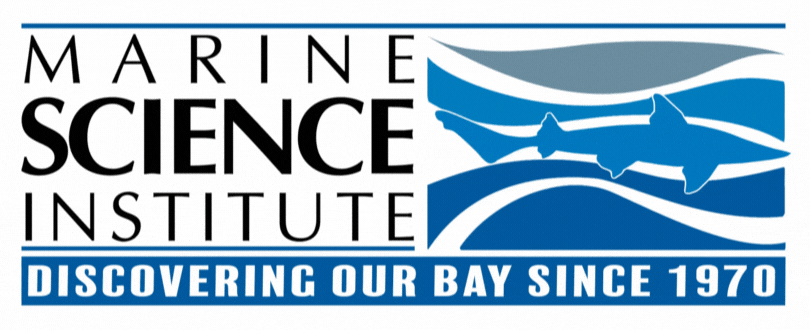Learning by Doing -- The Role of Dissection in Science: A BayLines Original Article
- Marine Science Institute

- Mar 1, 2017
- 2 min read

Throughout the year, students visit the Marine Science Institute to deploy a giant net to catch fish, use dichotomous keys to identify species, become immersed in habitats, such as the tidepools, and so much more. Student interaction with organisms and habitats is one of the most effective mechanisms and teaching tools for science. At Marine Science Camp over the summer, campers interact with live animals, cultivate a physical connection with San Francisco Bay and Pacific Ocean habitats, and engage in scientific practices. An important, albeit contentious, method of study is that of dissection. Students who join us for Marine Science Camp may use dissection as an educational opportunity to enrich their understanding of form and function within the animal kingdom.
During Marine Science Camp, dissections are available for summer campers who are more experienced and want to dive a little deeper into understanding the body systems of marine animals. In summer 2016, Naturalist campers (grades 4-5) and Underwater Investigators (grades 6-8) dissected preserved sea stars. The learning objective of this activity was to identify major organs and systems, and their functions. The discussion of physiology on a broader scale within Echinodermata (the phylum containing sea stars) facilitates a greater understanding of how these animals survive in marine habitats, and their relation to other well-known echinoderms, such as sea urchins, sand dollars and sea cucumbers. Not only does this dissection enable students to understand the anatomy and physiology of an animal they are familiar with, but it also illustrates how the animal evolved and filled a particular niche in the ecosystem.

The hands-on nature of dissection may be complemented by models or online options, which can also be used as alternatives. At MSI, we appreciate the knowledge and awareness that can come from studies of real specimens and real data. Students who do not wish to participate in the dissection are supported in their decision and they are encouraged to follow along via a model, educational book or labeled drawing. Fortunately, at MSI nothing is wasted, as the dissected animals are used to feed other animals in our aquarium and any inedible parts (e.g. shells or squid pens) are disposed of properly.
This summer, Naturalist campers will examine external and internal cephalopod features during a squid dissection. They will explore how these physical features work and how their functions reflect adaptations for survival. The Underwater Investigators will dissect mussels along with squid to compare structure and systems between two vastly different types of molluscs.
We hope that students feel a sense of discovery, fascination and awe when they find real structures in their dissection specimens. We also hope that students develop understanding and appreciation for the complexity of life and human-animal interactions, as we are so deeply connected to the natural world.
Interested in sending your budding bioligist to Marine Science Camp? Click here to learn more!







@Fnaf 1: Oh, those poor starfish!
The transition from the cube to the swing-copter in Geometry Dash is one of the most unique feelings in the game.
Nothing compares to spending a night with Escorts Ashok Nagar if you want to really experience the spirit of this energetic city and engage in a variety of sexual encounters.